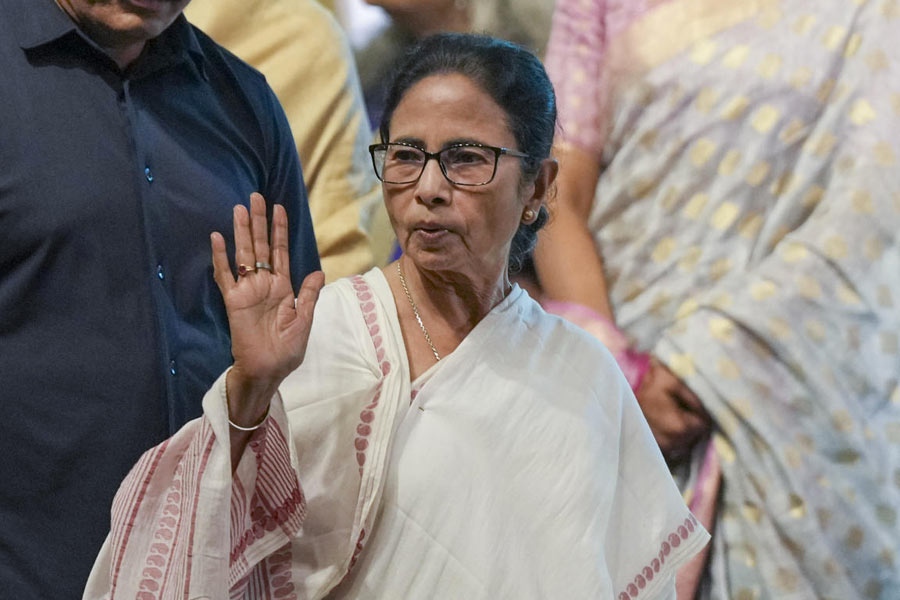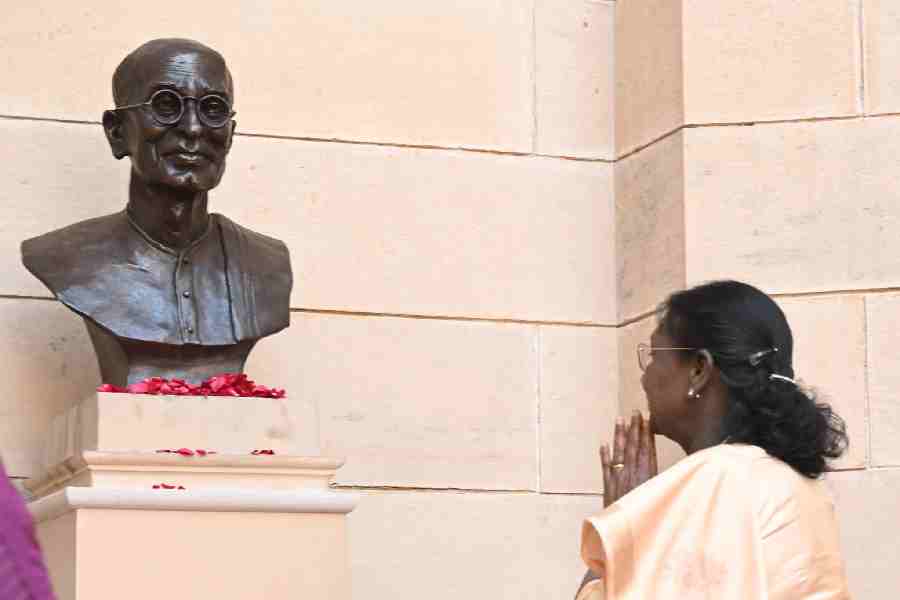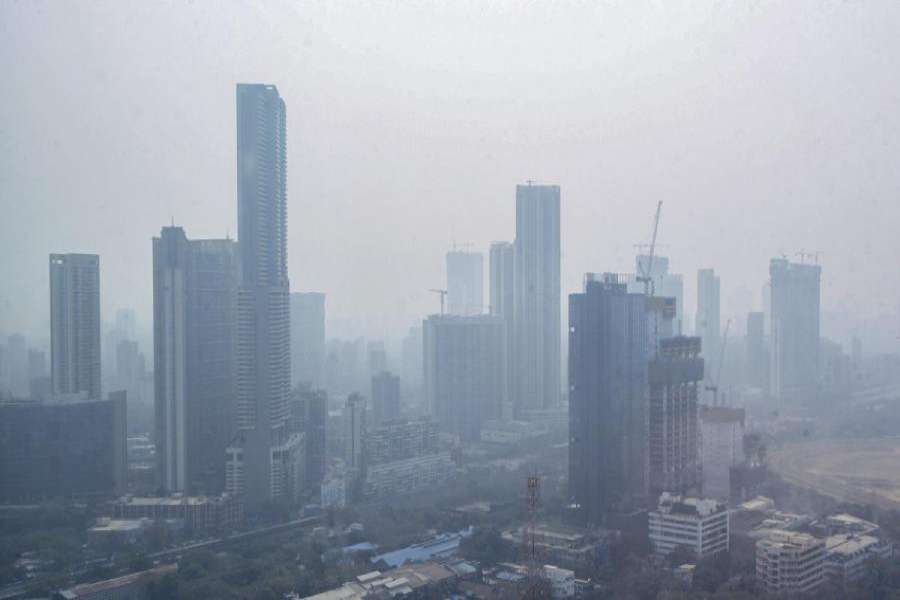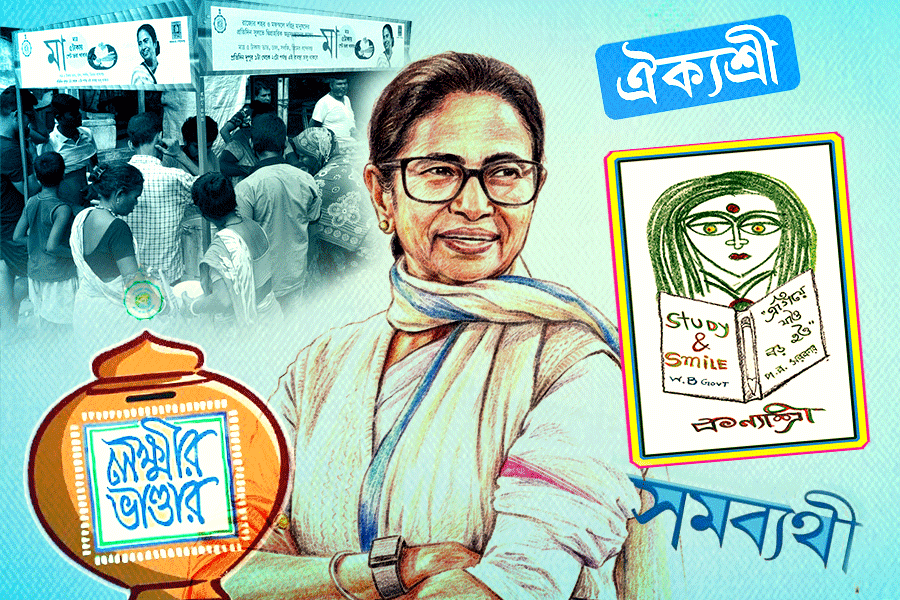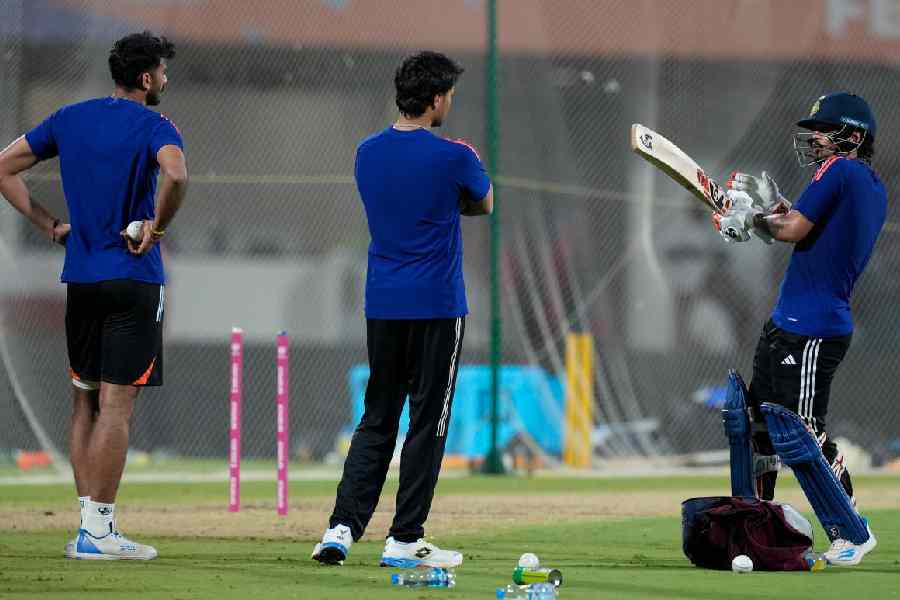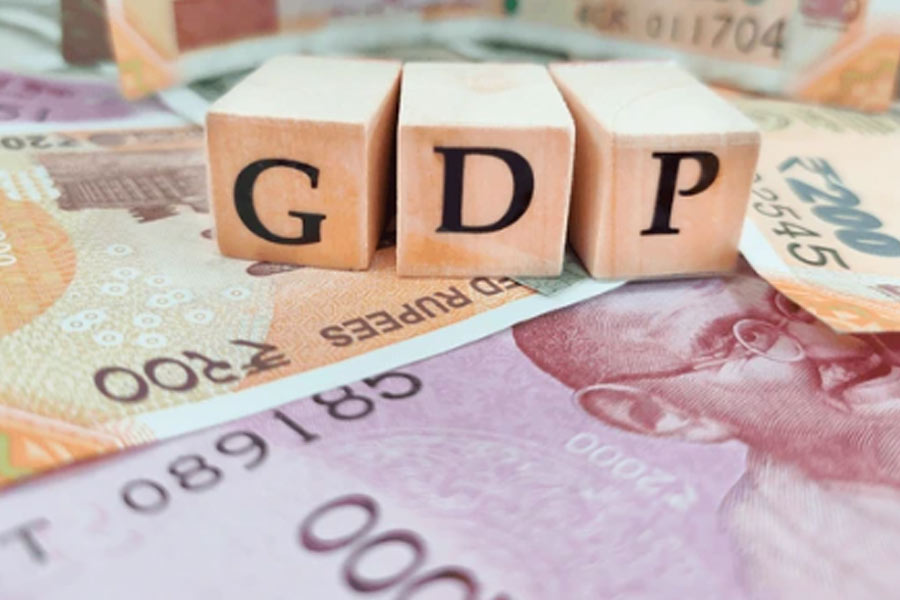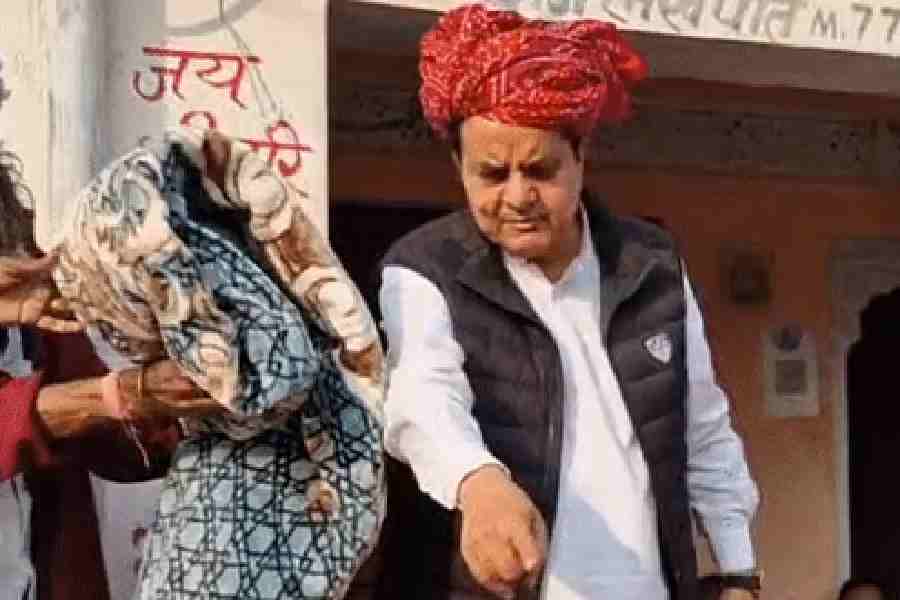The best way of responding to an allegation is to disprove it comprehensively. However, the Election Commission of India’s response to Rahul Gandhi’s periodic charges of vote theft in different states has left a lot to be desired in this respect. The EC’s inability to dismiss the allegations of impropriety levelled by the leader of the Opposition in the Lok Sabha has given this worrying saga a prolonged afterlife. In yet another press conference under the ‘vote chori’ campaign, Mr Gandhi claimed of having unearthed several damning evidence of irregularities — this time in the assembly elections in Haryana that the Congress, seemingly the favourite to win the race, had lost to the Bharatiya Janata Party. Among the kinds of infirmity that, according to Mr Gandhi, tainted the electoral process were fake voters — one in eight in Mr Gandhi’s estimate — duplicate voters, invalid addresses as well as bulk voting. Perhaps the most sensational bit pertained to the photograph of a Brazilian model that appeared multiple times on the voters’ list in a constituency in Haryana. The EC’s response has been tardy. It has stated that Mr Gandhi’s charges are unfounded; it also said that the allegations point to the need for the Special Intensive Revision that
Mr Gandhi had opposed — does this mean that the EC is accepting the possibility that anomalies exist in Haryana? It has been reported that a software tool at the EC’s disposal to weed out duplicate photo entries has gone unused for a while. At least 16 Congress legislators had filed legal petitions concerning irregularities in voting in Haryana after the last assembly polls. The BJP, unsurprisingly, has joined the fray, accusing Mr Gandhi of being an anarchist among other things.
This sordid chapter of allegations and counter-allegations is likely to continue unless the issue is resolved — perhaps by third-party arbitration. India’s courts should be a natural choice in this context. Strangely, Mr Gandhi remains non-committal about approaching the judiciary: perhaps he sees electoral merit in letting the matter remain on the boil. The EC, too, is equally adamant about not taking the onus of disproving the accusations — does this not fall under its remit? The net result is that the credentials of a significant democracy continue to be under strain. This is unwarranted, even dangerous. Erosion of the public faith in the electoral system would be a recipe for disaster. It is up to the warring sides, especially the EC, to prove that the integrity of elections in India remains unsullied.


